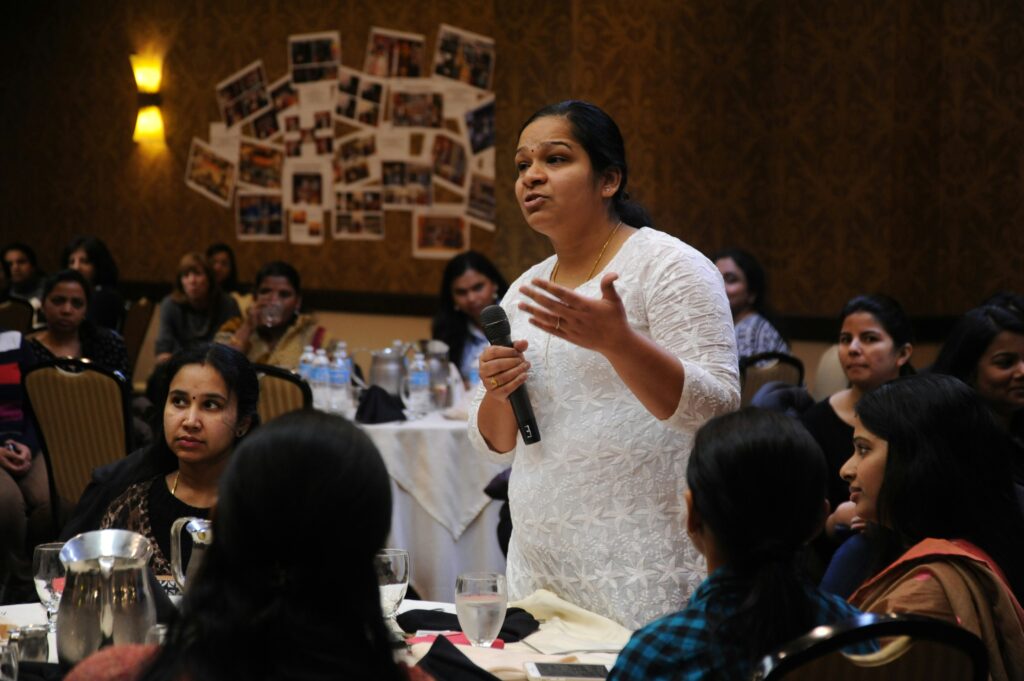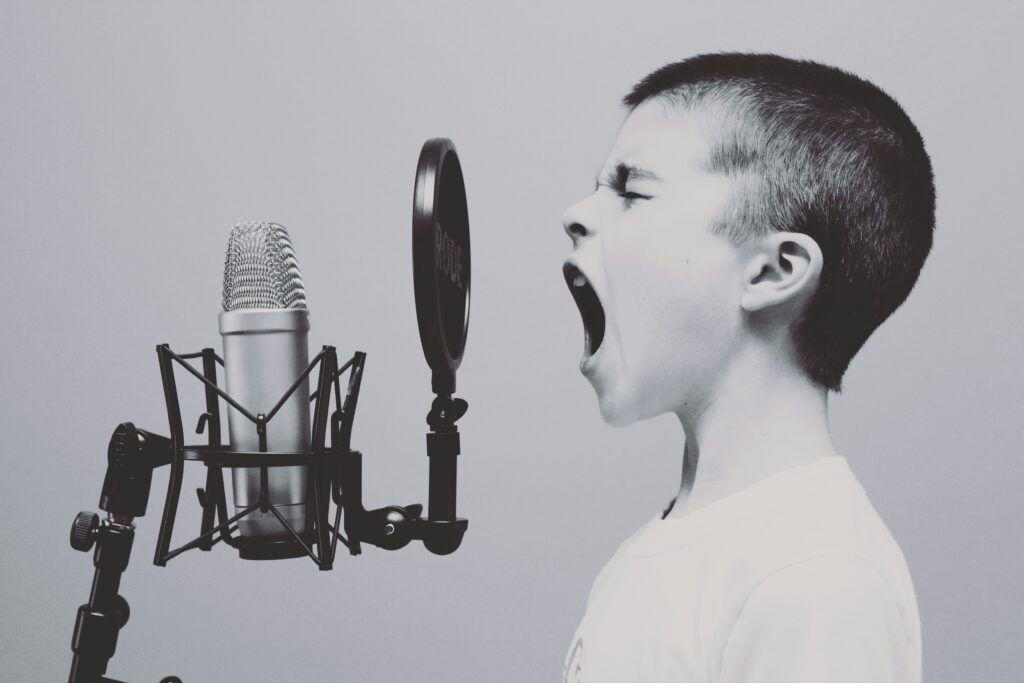Are you feeling like the only one putting effort into your relationship? It’s important to recognize the signs of a one-sided relationship to avoid further heartache. From constantly initiating contact to being the only one compromising, these five telltale signs will help you gauge whether your relationship needs a serious conversation or a major reevaluation.
Lack of Reciprocity
In a healthy relationship, there is a mutual effort and balance between both partners. However, in a one-sided relationship, the effort is significantly unbalanced. You may find yourself constantly initiating contact, planning dates, and putting in the emotional labor to keep the relationship going. On the other hand, your partner seems lackluster in their efforts and doesn’t reciprocate your actions. This lack of reciprocity can leave you feeling exhausted and unfulfilled, as if you are carrying the weight of the relationship on your shoulders.
Unbalanced Effort
One way to identify a lack of reciprocity in a relationship is by examining the effort put forth by both partners. If you consistently find yourself going above and beyond to make your partner happy, while they make little to no effort in return, it can be a clear indication of a one-sided dynamic. This could manifest in various ways, such as always having to be the one to plan dates, initiate conversations, or make compromises. Over time, the unbalanced effort can lead to feelings of frustration and resentment.
One-sided Conversations
Another sign of a one-sided relationship is when conversations predominantly revolve around one partner. In healthy relationships, there is a balanced exchange of thoughts, feelings, and experiences. However, in a one-sided relationship, the conversation is often dominated by one person, while the other may find themselves feeling unheard and invalidated. When you continuously find yourself in this situation, where your partner shows little interest in your thoughts and feelings, it can lead to emotional disconnection and the sense that your voice doesn’t matter.
Emotional Disconnection
Emotional connection is the foundation of any healthy relationship. It involves support, understanding, and empathy towards one another. However, in a one-sided relationship, there is a noticeable lack of emotional connection, leaving one partner feeling isolated and alone.
Lack of Support and Understanding
In a balanced relationship, partners provide a supportive and understanding environment for one another. They listen, validate feelings, and offer comfort when needed. In a one-sided relationship, however, the lack of support and understanding can be disheartening. You may often find yourself sharing your struggles and seeking comfort, only to be met with indifference or dismissive responses from your partner. This can leave you feeling isolated and trapped in a relationship that fails to meet your emotional needs.
Feeling Alone in the Relationship
When you are in a one-sided relationship, it’s common to feel alone, despite being in a partnership. Your partner may not actively engage with your emotions or make efforts to connect with you on a deeper level. This emotional disconnection can make you question the authenticity of the relationship and if your partner truly cares about your happiness and well-being. Feeling alone in a relationship can be incredibly painful and can lead to a loss of intimacy and connection over time.

Unilateral Decision-making
In a healthy relationship, decisions are made collectively, taking into account the preferences and needs of both partners. However, in a one-sided relationship, one partner may make decisions without consulting or considering the other person’s opinions.
Making Decisions Without Consultation
One sign of a one-sided relationship is when one partner consistently makes decisions without seeking input or consent from the other person. This could include making choices about finances, living arrangements, or future plans without involving their partner in the decision-making process. This lack of consultation can leave the other person feeling disregarded, disempowered, and as if their opinions hold no value in the relationship.
Ignoring the Partner’s Preferences
Another aspect of unilateral decision-making is when one partner consistently overlooks their partner’s preferences and desires. They may prioritize their own preferences and dismiss or diminish the importance of their partner’s needs. This can create a sense of inequality in the relationship, with one partner feeling ignored and undervalued. Over time, this imbalance can erode trust and breed resentment, further widening the gap in the relationship.
Emotional Manipulation
In a healthy relationship, open and honest communication is vital. However, in a one-sided relationship, emotional manipulation tactics such as guilt-tripping and gaslighting can be present, undermining the emotional well-being of the affected partner.
Guilt-Tripping
Guilt-tripping is a manipulative tactic often employed in one-sided relationships. It involves one partner making the other feel guilty for expressing their needs or desires. They may use emotional manipulation to evoke feelings of shame or obligation, making the other person second-guess their wants and sacrificing their own happiness for the sake of the relationship. Guilt-tripping creates a toxic dynamic by placing the burden of responsibility solely on one partner, while absolving the other of any accountability.
Gaslighting
Gaslighting is another form of emotional manipulation that can exist in a one-sided relationship. Gaslighting involves one partner distorting the other person’s perception of reality, causing them to doubt their own thoughts, feelings, and sanity. The gaslighter may employ tactics such as denying previous conversations, twisting facts, or even blaming the other person for their own actions. This manipulative behavior can leave their partner feeling confused, invalidated, and increasingly dependent on the gaslighter for a sense of reality.

Neglected Feelings and Needs
A healthy relationship thrives on the recognition and acknowledgment of each partner’s feelings and needs. However, in a one-sided relationship, one person’s emotions and boundaries may be disregarded or dismissed.
Dismissive Attitude
In a one-sided relationship, one partner may consistently display a dismissive attitude towards the other person’s emotions and needs. They may downplay their partner’s concerns, dismiss their feelings as insignificant, or even make them feel guilty for expressing themselves. This dismissive attitude can leave the affected partner feeling invalidated, unimportant, and increasingly reluctant to share their emotions or needs in the relationship.
Ignoring Boundaries
Boundaries are an essential part of any healthy relationship, acting as a framework for respectful and appropriate behavior. In a one-sided relationship, however, one partner may consistently ignore or violate the other person’s boundaries. They may overstep physical, emotional, or personal boundaries without regard for their partner’s comfort or well-being. This disregard for boundaries can lead to feelings of vulnerability, powerlessness, and a loss of trust in the relationship.
Imbalanced Time and Attention
Quality time together is crucial for nurturing a meaningful connection in a relationship. However, in a one-sided dynamic, one partner may prioritize their own interests and neglect spending quality time with their significant other.
Focused on One Person’s Interests
In a one-sided relationship, you may find that your partner is predominantly focused on their own interests and activities. They may prioritize their hobbies, friends, or personal goals over spending quality time with you. This can leave you feeling neglected and unimportant, as if your presence and companionship are secondary to their individual pursuits. Over time, this imbalance can create a sense of emotional distance and hinder the growth of the relationship.
Neglecting Quality Time Together
Spending quality time together is an opportunity for partners to nurture their bond and deepen their connection. However, in a one-sided relationship, one partner may consistently neglect or minimize the importance of quality time. They may prioritize other commitments or allow distractions to take precedence, leaving their significant other feeling unvalued and emotionally disconnected. The lack of meaningful time together can erode the foundation of the relationship and leave you longing for a deeper connection.

Lopsided Support in Achievements
In a healthy relationship, partners celebrate each other’s achievements and provide encouragement during challenging times. However, in a one-sided relationship, there may be a lack of support and encouragement for one partner’s accomplishments and aspirations.
Lack of Encouragement and Celebration
One of the signs of a one-sided relationship is the absence of encouragement and celebration for the accomplishments of one partner. Instead of feeling supported and uplifted, they may receive little to no acknowledgment for their achievements. This can create a sense of isolation and dampen their motivation to strive for personal growth or success. The lack of support can leave the affected partner questioning their worth and the importance of their aspirations within the relationship.
Unsupportive Reactions
In addition to a lack of celebration, one partner may respond to the other’s achievements with a lack of enthusiasm or outright dismissiveness. They may belittle the accomplishments or express little interest, causing the achieving partner to feel devalued and unsupported. Over time, this unsupportive reaction can chip away at their self-esteem and confidence, as they yearn for someone who genuinely appreciates and cheers for their achievements.
Disparity in Emotional Investment
In a balanced relationship, both partners invest emotionally, creating a sense of mutual commitment and dedication. However, in a one-sided relationship, there can be a noticeable disparity in the emotional investment of the partners.
One Partner Prioritizing the Relationship
In a one-sided relationship, one partner may prioritize the relationship above all else, while the other remains emotionally distant or detached. The partner who invests more emotionally may constantly seek reassurance and validation, while the other maintains a sense of emotional independence. This disparity in emotional investment can lead to feelings of imbalance and unmet expectations, as the emotionally invested partner yearns for equal reciprocation.
Emotional Appearances
Another sign of a one-sided relationship is when one partner maintains an emotional facade, appearing invested and attentive on the surface but lacking genuine emotional connection. They may go through the motions of being present in the relationship, but their actions and words do not align with their true feelings. This emotional disparity can create confusion and frustration, as you yearn for a deeper connection that goes beyond surface-level appearances.
Lack of Give and Take
A healthy relationship thrives on a balance between giving and taking, where both partners are willing to compromise and meet each other’s needs. However, in a one-sided relationship, there is often an absence of give and take.
One Partner Always Takes
In a one-sided relationship, one partner consistently takes without reciprocating the same level of effort or consideration. They may prioritize their own needs and wants above their partner’s, leading to an imbalance in the relationship. Whether it’s constantly seeking emotional support without offering it in return or consistently making decisions without considering their partner’s preferences, this lack of give and take can leave the other person feeling depleted and unvalued.
Absence of Compromise
Compromise is a fundamental aspect of a healthy relationship, allowing both partners to find common ground and accommodate each other’s needs. However, in a one-sided relationship, compromise may be rare or nonexistent. One partner may refuse to meet halfway or consider the other person’s perspective, leading to one person always feeling like they are the one making sacrifices. The absence of compromise can lead to a sense of unfairness and resentment, as the relationship becomes imbalanced and one partner’s needs consistently take precedence.
Feeling Unappreciated
In a healthy relationship, appreciation and acknowledgment of one another’s efforts and contributions are essential. However, in a one-sided relationship, there can be a notable lack of expressions of gratitude and acknowledgment.
Unbalanced Expressions of Gratitude
One sign of a one-sided relationship is when expressions of gratitude and appreciation are imbalanced. While you may go out of your way to show appreciation for your partner’s actions and efforts, they may rarely acknowledge or thank you for your contributions. This lack of reciprocal gratitude can leave you feeling unappreciated and undervalued, as if your efforts go unnoticed in the relationship.
Lack of Acknowledgment
In addition to unbalanced expressions of gratitude, a lack of acknowledgment for your contributions and sacrifices in the relationship can be disheartening. Whether it’s your emotional support, commitment, or other acts of kindness, your efforts may go unnoticed or unacknowledged by your partner. This can create a sense of resentment and disappointment, as you strive for validation and recognition in the relationship.
In conclusion, recognizing the signs of a one-sided relationship is crucial for your emotional well-being. Lack of reciprocity, emotional disconnection, unilateral decision-making, emotional manipulation, neglected feelings and needs, imbalanced time and attention, lopsided support in achievements, disparity in emotional investment, lack of give and take, and feeling unappreciated are all signs that should prompt reflection and communication within the relationship. Remember, a healthy partnership should be built on mutual respect, support, and a genuine investment in each other’s happiness. Don’t settle for a one-sided relationship that leaves you feeling unfulfilled, prioritize your own emotional well-being and seek a balanced and mutually satisfying connection.






